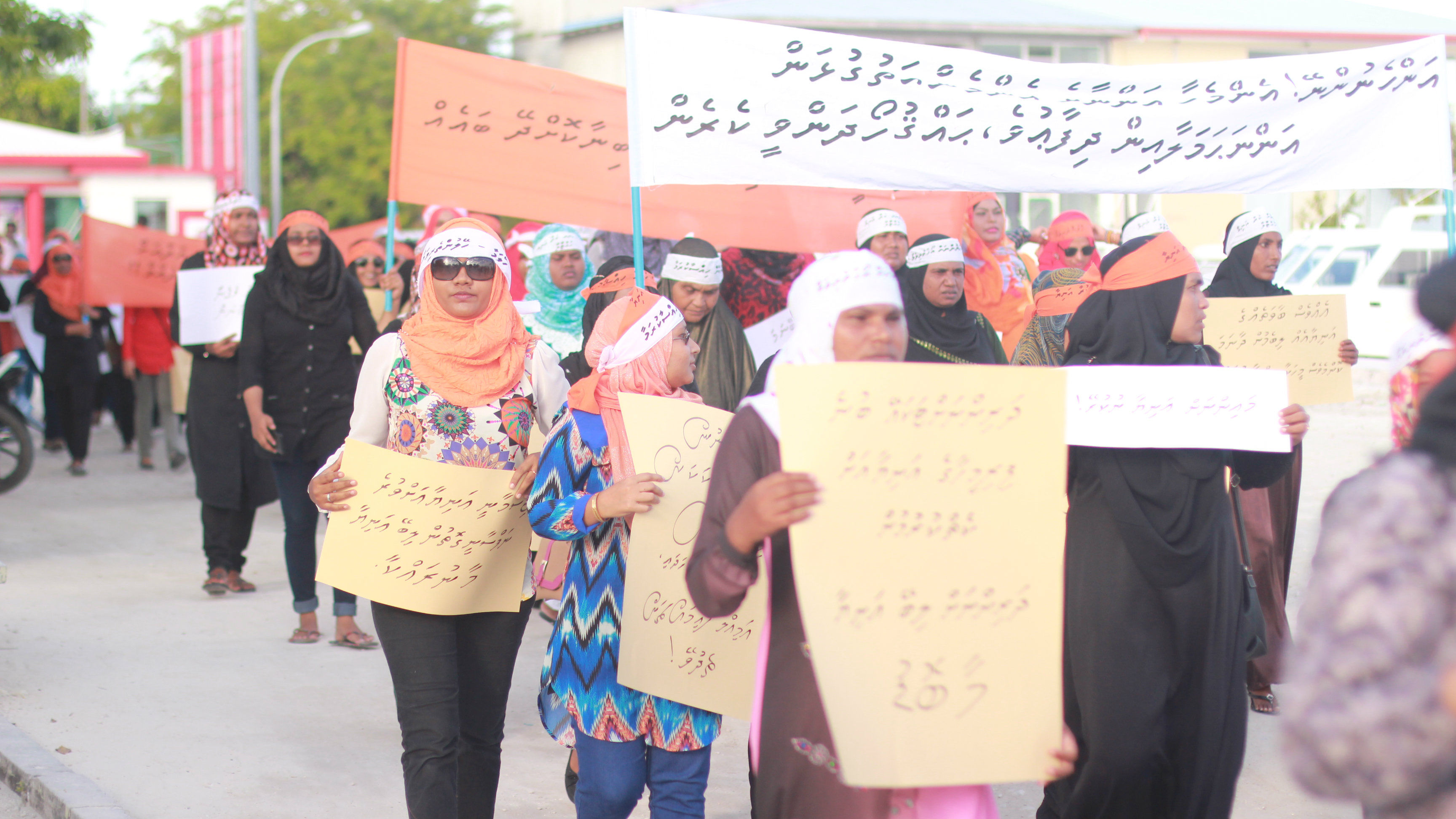Victim blaming and misogyny in Maldives
The reaction on social media platforms to a gang rape in Hulhumalé earlier this month exposed misogynistic views and blaming-the-victim attitudes among Maldivians.

13 Mar 2017, 09:00
*Aishath Mohamed, a 25-year-old woman from the island of Kulhudhufushi in Haa Dhaal atoll, recalls her first visit to the capital. She was 12 years old, excited to compete in the national Quran recital competition. But on her first night in Malé, in a cramped room with four teenage boys and a girl, Aishath was woken up to the biggest shock of her young life.
“I get goosebumps when I recall the memory. Somebody was touching my leg so I woke up. Three of them were holding me down and the other one was trying to touch me,” she says.
With almost no sexual or reproductive health education, Aishath was at a loss and unsure of how to cope with her ordeal. But she knew what happened to her was wrong and resolved to speak to her mother after returning to her island.
“I was really surprised by the way she reacted,” she recalls.
Become a member
Get full access to our archive and personalise your experience.
Already a member?
Discussion
No comments yet. Be the first to share your thoughts!
No comments yet. Be the first to join the conversation!
Join the Conversation
Sign in to share your thoughts under an alias and take part in the discussion. Independent journalism thrives on open, respectful debate — your voice matters.




